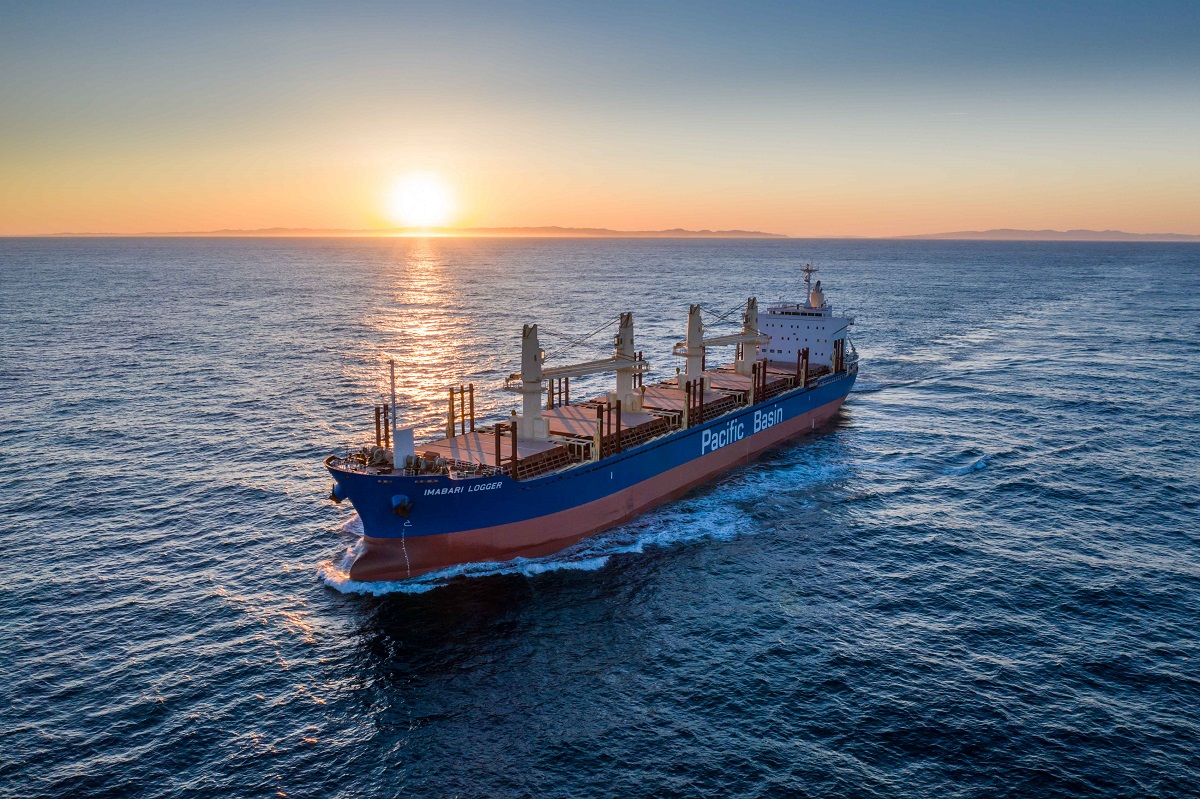Pacific Basin Shipping Limited (Pacific Basin, 2343.HK), one of the world’s leading dry bulk shipping companies, wishes to update its stakeholders on progress made in the Company’s collaborative efforts to develop its first generation of commercially viable zero-emission vessels.

In May 2022, the Company entered into a memorandum of understanding with Nihon Shipyard Co., Ltd and Mitsui & Co., Ltd to cooperate on the development of zero-emission vessels and potential investment in related green fuel bunkering infrastructure. Pacific Basin has collectively now completed its feasibility assessment of the various potential green fuels (covering fuel characteristics, availability and scalability, technical pros and cons, lifetime operating and capital costs, etc.), and have concluded that green methanol is currently the best fuel around which to plan Company's first generation of zero-emission vessels.
"We believe that biofuels will also feature in the industry’s fuel mix, and that ammonia will become an important marine fuel in some sectors once technical and safety challenges are adequately addressed."
Mr. Martin Fruergaard, CEO of Pacific Basin, said: ‘‘Drawing on the collective expertise of our partners, we are confident that methanol is currently the most suitable future fuel for Handysize and Supramax bulk carriers, and we believe the infrastructure to produce and distribute green methanol is coming. We are now embarking on the next stage of our decarbonisation project, which is to develop a highly efficient ship design around which we plan to contract our first generation of dual-fuel zero-emission newbuildings, again in collaboration with our Japanese partners. We want to be at the forefront of our segment’s transition to zero-emission vessels which should enable us to meet our target of zero emissions by 2050. Through our example, we hope to help accelerate the transition and make zero-emission vessels the default choice in the dry bulk sector by 2030.’’
Mr. Hirose, Director, Chief of Sales and Marketing Division, Nihon Shipyard Co., Ltd, commented: ‘‘We are pleased to support the choice of methanol as the preferred fuel for this first generation of dual-fuel zero-emission vessels, and we will continue to focus our efforts on designing and building highly efficient vessels for the goal of achieving net zero emissions by 2050.” Mr. Okamoto, COO of Mobility Business Unit II, Mitsui & Co., Ltd, commented: ‘‘Contributing to minor bulk shipping’s transition to a green future is one of the most exciting transformation activities we are currently involved in. We are pleased to select methanol as the preferred fuel, utilising our wide range of portfolios as a global trading and investment company to provide knowledge into the alternative fuel supply chain.”